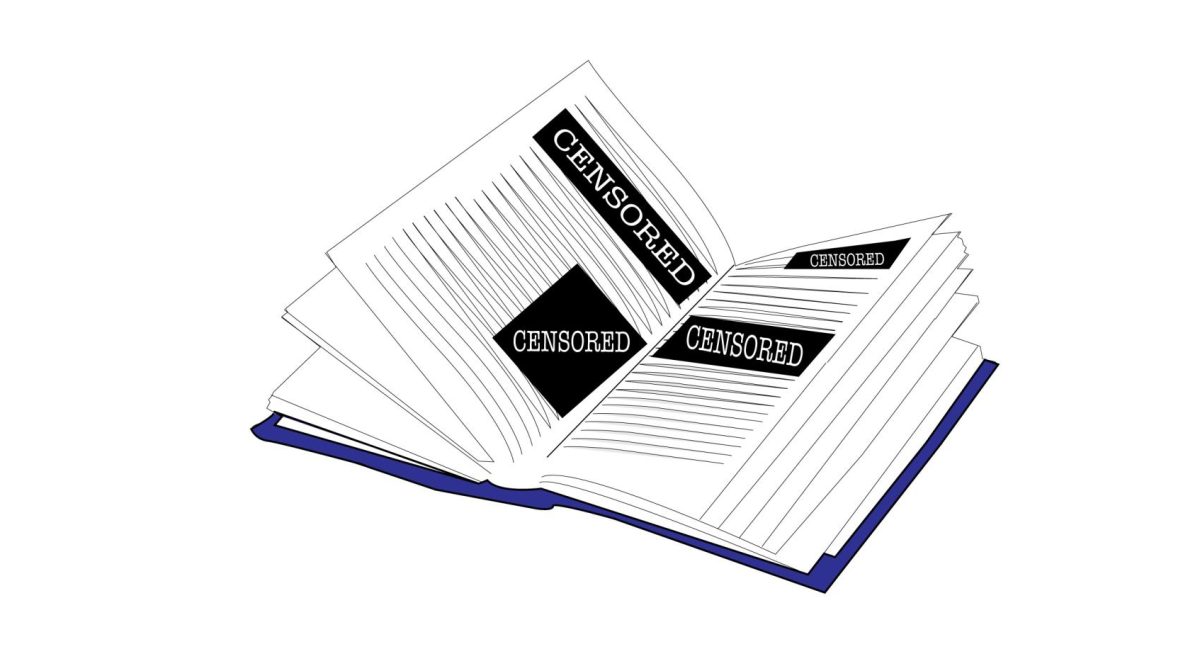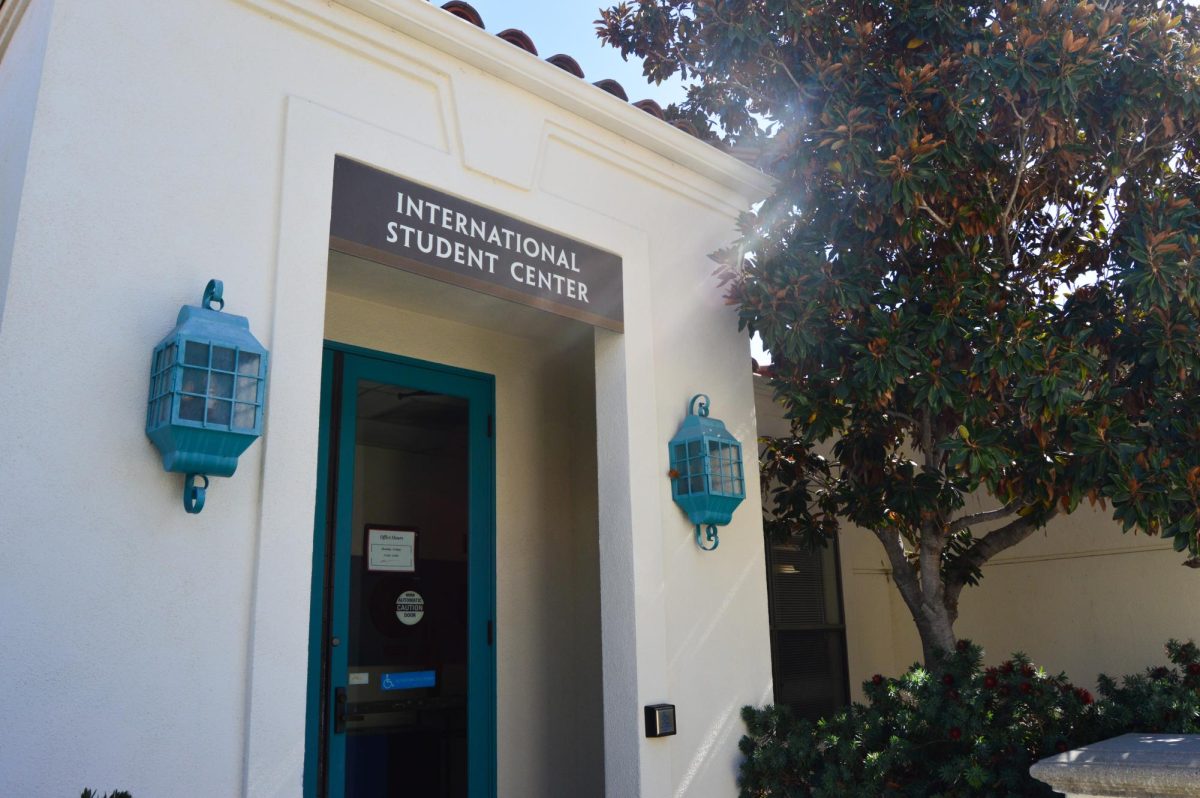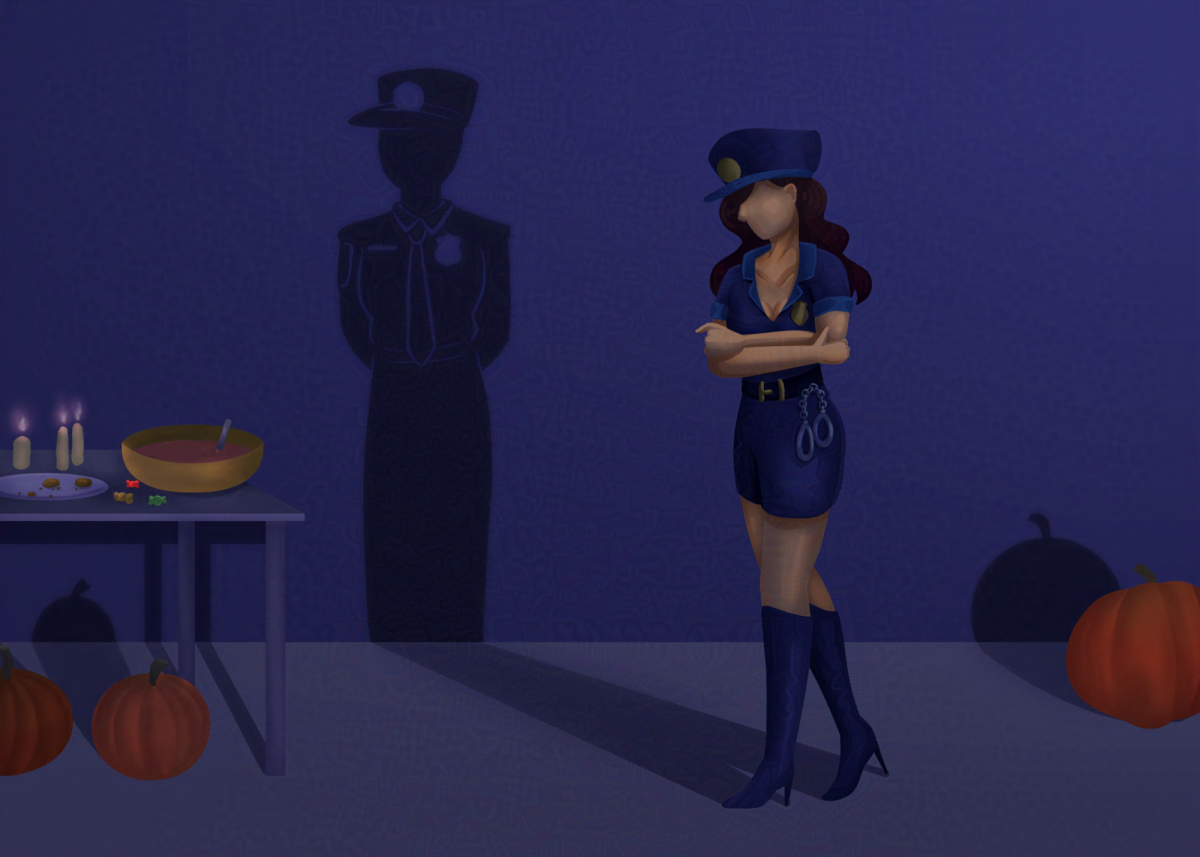Columbus Day, Thanksgiving and Independence Day are three of the handful of holidays dedicated to historical events or figures. These holidays are often glorified and “explorers” and founders are put on pedestals.
In grade school, students are presented with a more upbeat version of history that just skims the surface of truth. Sure, the pilgrims came over on the Mayflower, wore shoes with large buckles and had a feast to build rapport with Native Americans.
I doubt anyone actually remembers learning about the diseases settlers brought over, and the horrific acts committed against Indigenous people. Perpetuating this false narrative is detrimental to the affected communities and introduces censorship to students at a very young age.
Censorship has maintained a presence throughout history, persisting today in modern politics. Florida’s Parental Rights in Education Act — or, as some call it, the “Don’t Say Gay” bill — is perhaps the biggest offender. The bill, signed by Florida Gov. Ron DeSantis, prohibits the teaching of sexual orientation or gender identity in kindergarten through grade 3 classrooms, according to NPR.
While it’s understandable DeSantis wants to provide parents with the choice of introducing these topics to their children, the act sets a worrying precedent. The “Don’t Say Gay” bill has opened the floor to further opportunities to suppress LGBTQ+ conversations. What’s even more concerning is what DeSantis said during a press conference.
According to the same article, “DeSantis said teaching kindergarten-aged kids that, ‘They can be whatever they want to be’ was ‘inappropriate’ for children.” This sounds like providing a safe and welcoming environment for young students is not a priority of his.
This bill enacted by DeSantis has the leverage to oppress an entire community. It can and will restrict the expression of students who may be in the process of discovering their identity or sexuality, which can be consequently detrimental.
In the past, censorship has been cultivated through erasing key information and inaccurate documentation of stories. White, male colonists perpetuated the famous stories we know today through their own writing, burying the verbatim stories of Native Americans underneath false accounts of their journeys and successes.
A prime example of false narratives influencing historical accounts can be seen in the story of Pocahontas and John Smith, popularized by Disney’s 1995 animated film “Pocahontas.” While Disney’s version depicts the pair as lovers, the truth is quite the opposite.
An article written by Meera Baswan for the Indigenous Foundation explains how Smith was feared by the surrounding Indigenous people, exhibiting violent behavior.
Baswan asserts that “(Disney has) also romanticized (Pocahontas’) life, and in extension, sugarcoated the trauma Indigenous peoples faced through colonization.” I could not have said it better myself.
The suffering of Native Americans is often overlooked when movies like Pocahontas and holidays like Columbus Day continue to be celebrated and enjoyed with the false notion that we are remembering the victimless triumphs of historical figures.
As expressed by an article published by the Potawatomi, “Teaching a false narrative of (Thanksgiving’s) beginnings perpetuates colonialism and ignores more than 400 years of atrocities committed against Native Americans and First Nations’ people.”
Censorship not only harms Native American tribal communities, but also young students. We cannot expect children to learn history and build an understanding of American politics without a proper foundation upon which they can build their understanding.
However, I recognize the necessity of excluding the gruesome details when teaching elementary school children. These historical truths are undeniably horrific, and their unearthing may negatively impact students exposed at a young age. Yet, why must we maintain these falsified stories throughout middle and high school curriculums?
I entered college blissfully unaware of the depth of these atrocities. Learning the truth made me reflect heavily on my educational experience.
The goal is not to haunt students, but rather to illuminate accurate accounts of history, allowing students to explore the varying cultures that contributed to the creation of the United States.
To begin the healing process and shed light on the continuously oppressed Native American communities, we must take that first step: acknowledging the importance of implementing more realistic depictions of history earlier.
Providing a vast array of history courses taught through diverse perspectives can promote productive conversations. However, censoring LGBTQ+ stories is the latest in a trend of erasing populations, making it difficult to maintain these productive conversations.
Despite their differing struggles and circumstances, neither group, and any other marginalized community, deserves the eradication of their stories or mere existence — haven’t they suffered enough?
It is sad and scary to see society regressing as time is progressing. The erasure of history and suppression of LGBTQ+ existence is a worrying movement. Censorship ignores the very real lived experiences of different communities, and we need to learn from our mistakes.






